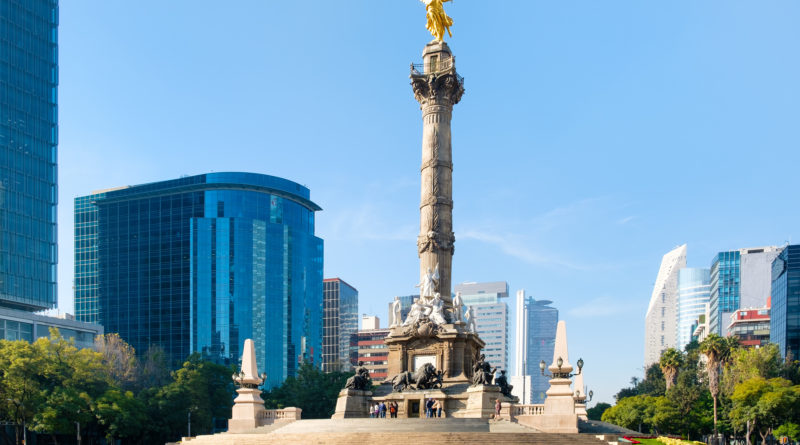Here’s The Real Reason Cinco De Mayo Is Celebrated
5,623 total views, 10 views today
Many Americans are likely to spend Cinco de Mayo — the Spanish phrase for “May 5th” — eating delicious Mexican food and drinking margaritas. The festivities that many Americans associate with the holiday are akin to those of July 4th, the U.S. celebration of Independence Day, so many assume that Cinco de Mayo is Mexico’s Independence Day. Instead, the holiday represents a much smaller — but still significant — victory for Mexico.
The roots of Cinco de Mayo can be traced back to the American Civil War and its impact on Mexico. During the early 1860s, while the war was raging in America, Mexico had independently accumulated a massive amount of debt to France. At the time, Napoleon III ruled France and was considering throwing the support of his army behind the U.S. Confederacy. Napoleon reasoned that an invasion of Mexico could remedy the debts owed to his country and provide the Confederacy with a southern ally should the Union lose the American Civil War. Thus, Napoleon sent his soldiers to Mexico City to overtake the country. However, they never quite got there.
As the French army made its way to Mexico City, it had to pass through the much smaller Mexican town of Puebla. There, French forces were defeated by a much smaller, much worse-trained coalition of the Mexican army in what many saw as a miracle. This battle, now known as the Battle of Puebla, took place on May 5, 1862, giving rise to the modern holiday of Cinco de Mayo.
Interestingly, many experts on Cinco de Mayo see it as neither an American nor a Mexican holiday. Instead, the holiday reflects a very specific experience — that of Latinx people living in California, which had been a state for barely 10 years upon the Battle of Puebla. Many California residents were of Latinx descent at the time (and still are), and these people feared what would happen to them if the Confederacy won the Civil War and instated its white supremacist policies in what had always been a free state. Upon news of the Battle of Puebla’s outcome reaching California a full 25 days after the clash, Latinx people in California felt relief, because Union forces had been losing many battles.
Cinco de Mayo honors the Californian Latinx sense of relief and the actions to which it led. The Mexican army’s victory at the Battle of Puebla drove Californians to begin fundraising for the army and more actively fighting for the maintenance of the Union’s democracy. According to Jose Alamillo, a professor of Chicano studies at California State University Channel Islands, Latinx Californians quickly drew parallels to Mexican historical struggles and the Union’s ongoing fight to uphold democracy, leading to the formation of networks that would eventually prove vital to the Union’s Civil War victory.
Alamillo also points out that modern misunderstandings about the holiday’s origins stem from ‘70s and ‘80s marketing campaigns in which beer manufacturers targeted Latinx Americans. Sure, Cinco de Mayo marks an occasion for celebrating Mexican culture, but to properly do so, a thorough background on the holiday’s meaning — of which many are unaware — is essential.

